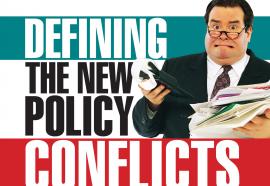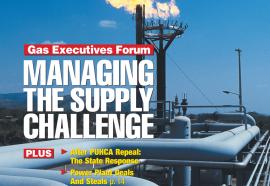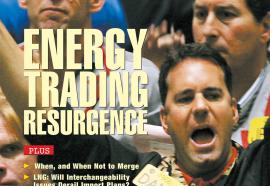Defining the New Policy Conflicts
Failing to address and adapt to the new ratemaking realities could result in increased costs for the economy.
The approaching 100th anniversary of regulation by public utility commissions in the United States calls for some reflection. How much have things changed, and how much have they stayed the same?










